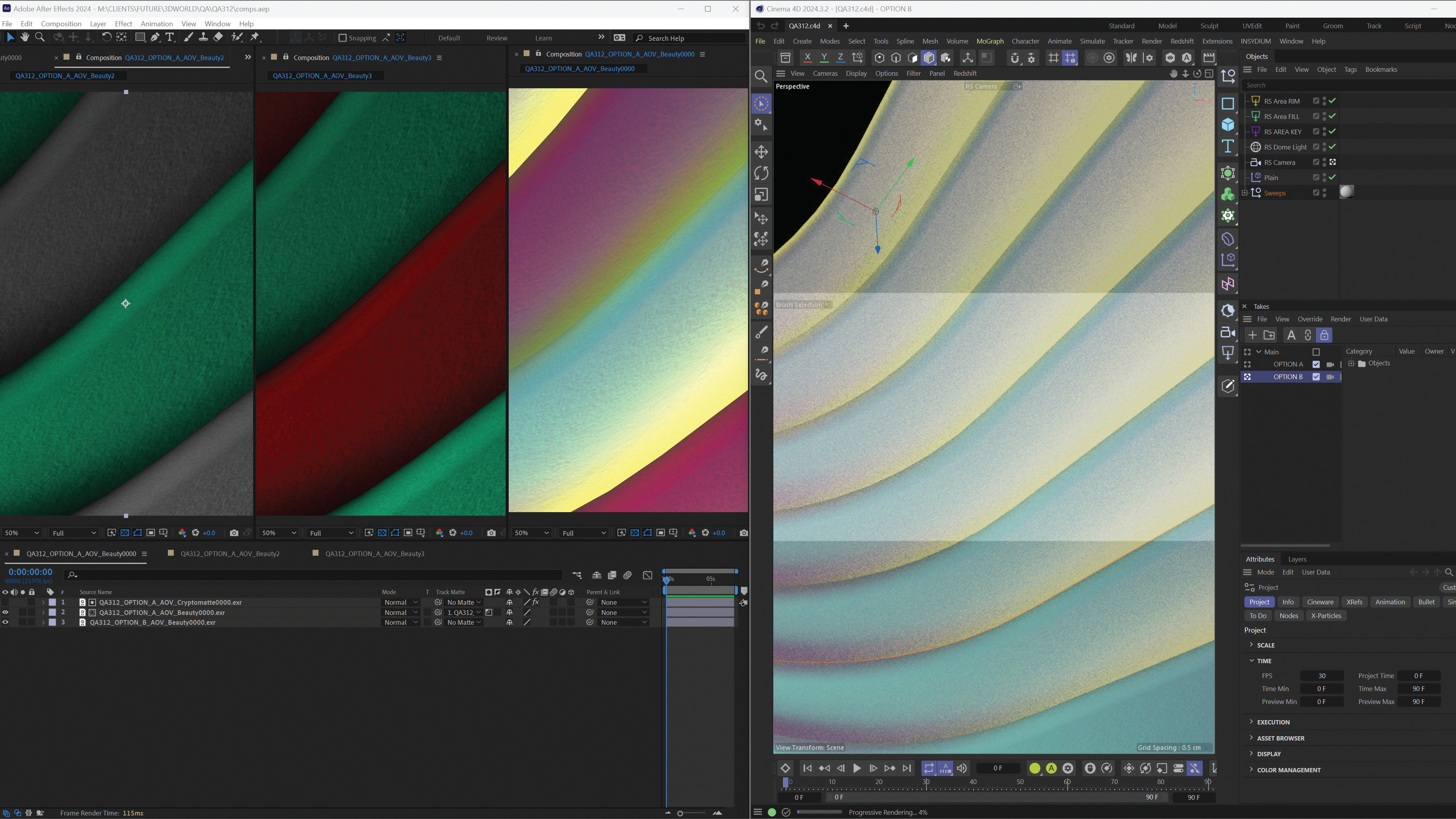Generative AI, should indie game developers use it? We ask them
Indie game developers discuss the pros and cons of using generative AI.
Generative AI is dominating headlines and many leading video game developers are looking at how this new technology can speed up workflows and help keep pace with ever-tighter production schedules.
Depending on who you listen to, AI is either the best thing since sliced bread or the worst thing humanity has ever invented. We've heard from illustrator Kelly McKernan who says AI's abuse of copyright is putting artists out of work, and we've heard from Hexworks on how AI was experimented with during production of Lords of the Fallen.
When it comes to game development, AI tools such as Midjourney, Github Co-pilot and Unity’s Muse and Sentis have been heralded in some corners, pilloried in others. But what do game developers really think of generative AI?
What AI tools are video game developers actually using, if any? Which ones do they plan to use in future? What advantages and disadvantages do they see with AI? And what does the future hold? To find out, I asked six successful indie game developers exactly what they think of generative AI, and how it’s affecting their work.
Leo Dasso, Moonloop Games
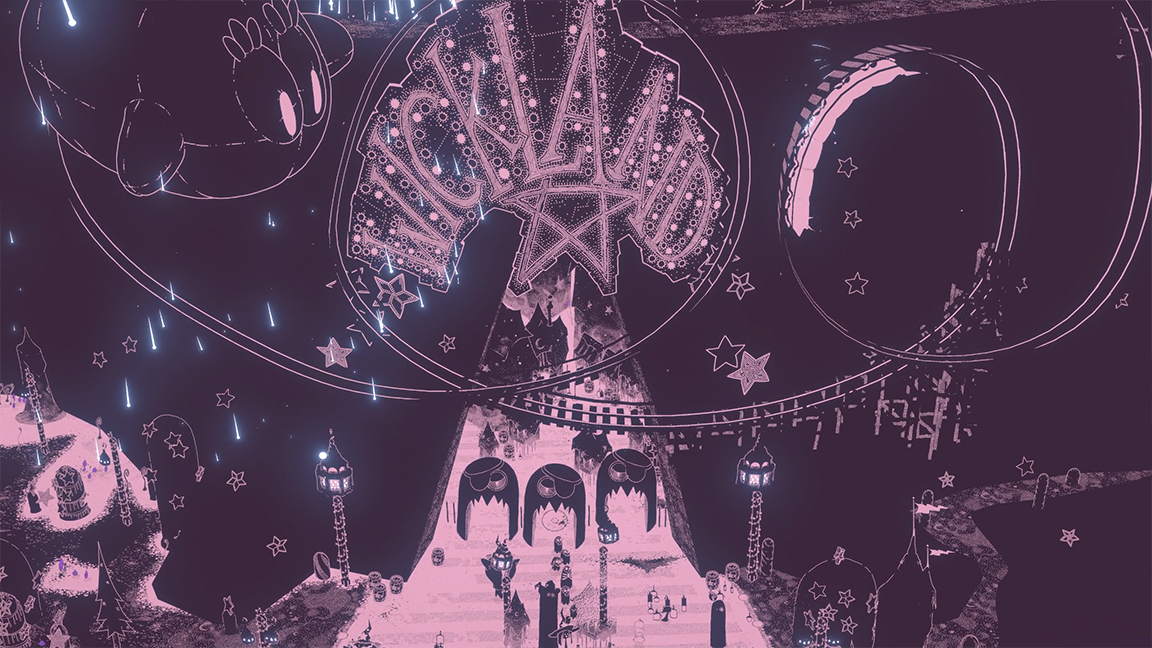
I think AI will be especially useful in broadening the scope of open-world games
Leo Dasso, Moonloop Games
Leo Dasso is currently working on Hauntii at Moonloop Games, a game about possessing objects and exploring eternity. He tells us he’s been taking advantage of Github Co-pilot, an AI-powered tool that can auto-complete code. "I started using it about six months ago, and since I'm the only programmer on this project, it does save time and help to give me a bit of a sanity check on the code I've written," he says, adding that he might also use AI assistants that are added to Unity or other game engines in future.
He is less enamoured with image-generation tools such as Midjourney, however. "In their current state they shouldn't be used for anything, let alone games," he says, noting the moral and legal quagmire that comes with these AI applications. "They trained their AIs with millions of copyrighted images without the original creators' consent, and I'm guessing that will be in a legal grey area for many years to come. However it's clear for me to see, whether it's legal or not, I don't feel good about using it for a commercial product."
But when it comes to game creation software, he thinks that it will become the norm for AI to be built in and used for many, if not most tasks, similar to how user interfaces gradually edged out text editors. "There was a time before software had UI when developers would basically use a text editor for every aspect of design," he says. "UI became more universal, and now it's what we use most of the time, but it certainly hasn't replaced scripting." AI will excel at many tasks, he says, but it won't be used for everything.
Get the Creative Bloq Newsletter
Daily design news, reviews, how-tos and more, as picked by the editors.
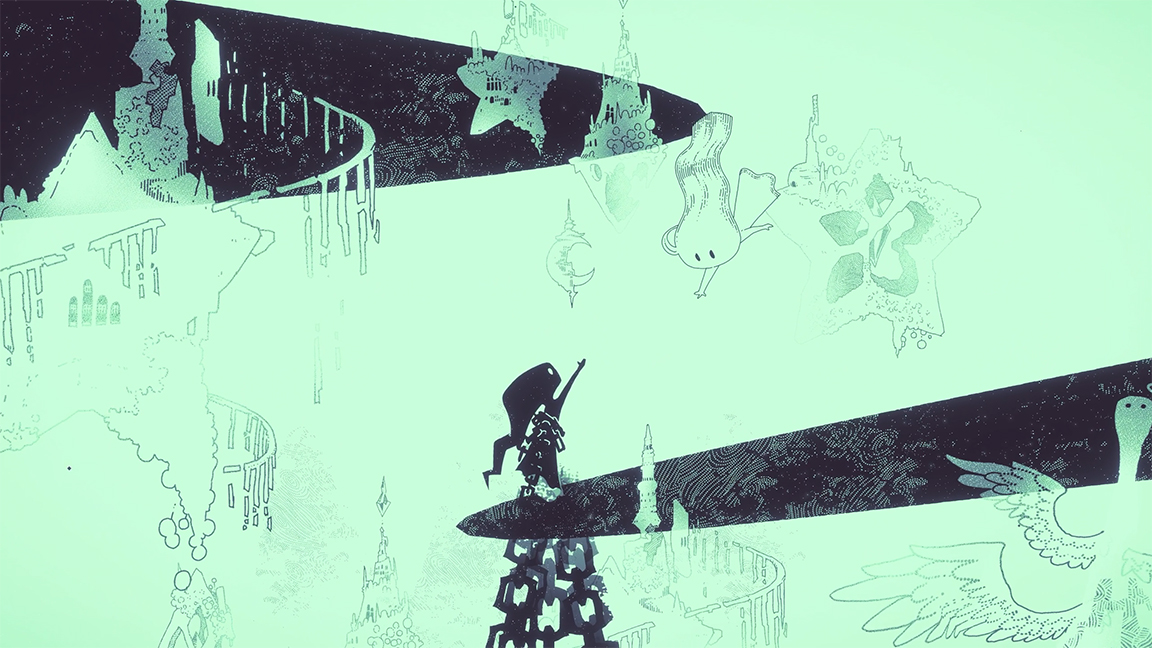
He points out that AI could be a boon for young developers, since programming languages can be intimidating, and it could help them to create games while they're still learning. "I think AI will be especially useful in broadening the scope of open-world games," he adds. "Open-world games already have an array of tools for populating huge areas, but imagine that you populate just one square kilometre of land, feed that to an AI, and have it populate 100,000 square kilometres. It may not give you exactly the result you want, but it's a good start."
Then again, he can also see how developers could become dependent on AI, and become locked into a payment plan to use it. In the worst-case scenario, if AI is used widely enough and has a big enough set of training data, he envisages that "it could make 99% of developers in the world obsolete". The dissolving of ownership of digital content is another worry, if more AIs are trained on content without the copyright owners' permission. It could go either way, he thinks: AI will either give developers "a nice set of time saving tools", or render them surplus to requirements as users simply generate games from text prompts.
Jon Ingold, Inkle
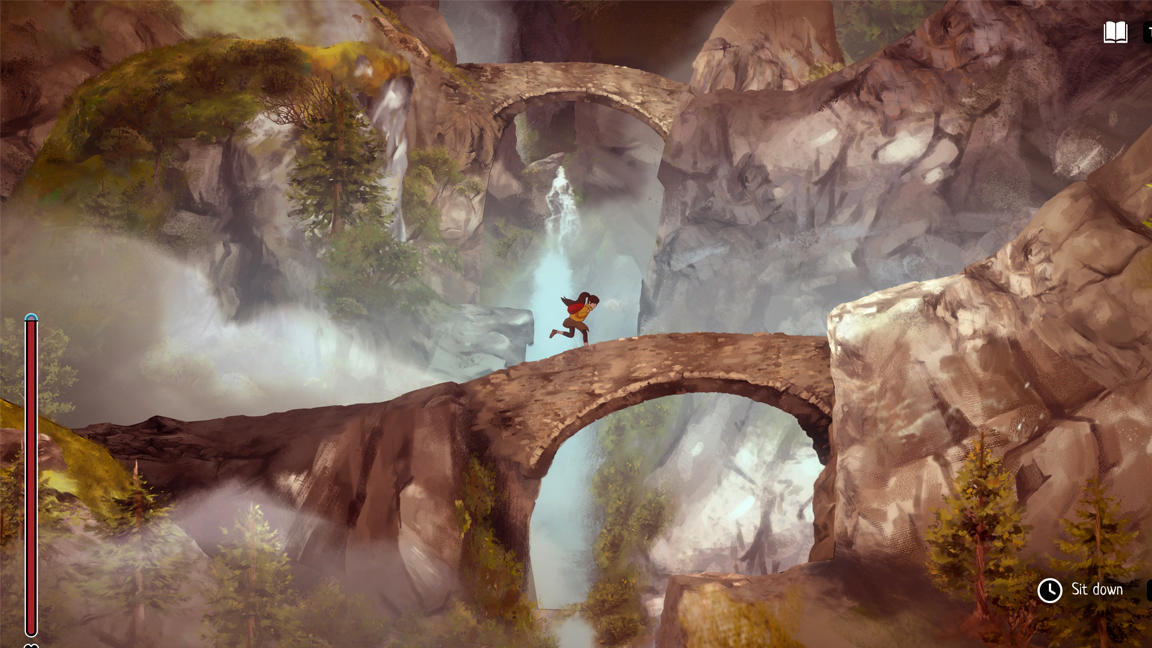
It will fade into obscurity because it’s a bad solution to existing problems
Jon Ingold, Inkle
Jon Ingold is narrative director at Inkle, where he has worked on games such as 80 Days, Heaven's Vault and Overboard, as well as the upcoming A Highland Song. So far, he has been unimpressed with the AI tools he has tried. "I've experimented with GPT and Midjourney and in both cases found the output to be dross," he says.
He doesn't plan to use any AI tools for game development in the future, either. "AI in its current implementation is a stochastic chain generator with a large corpus and that's no use for anything more specific than a party trick," he says. "I can't think of a job it can do that we can't do better without creating an unworkable design purely to employ AI (for example, a game where you can say anything to any NPC but for some reason their response never matters)."
Frankly, he says, AI doesn’t work. "AI writing is drivel, it sustains the appearance of an argument (or plot or theme) without the substance of one; it's rather like listening to a Donald Trump speech. The words follow one another like the pounding throb of a migraine but there's no message underneath it."
Ultimately, he sees the current vogue for AI as a fad, which he likens to NFTs or the metaverse. "It will fade into obscurity because it's a bad solution to existing problems, and no one in game dev has an incentive to invent new problems," he says. "AI will waste a bunch of development time and produce some shoddy products that are quickly ignored."
Alastair Low, Lowtek Games
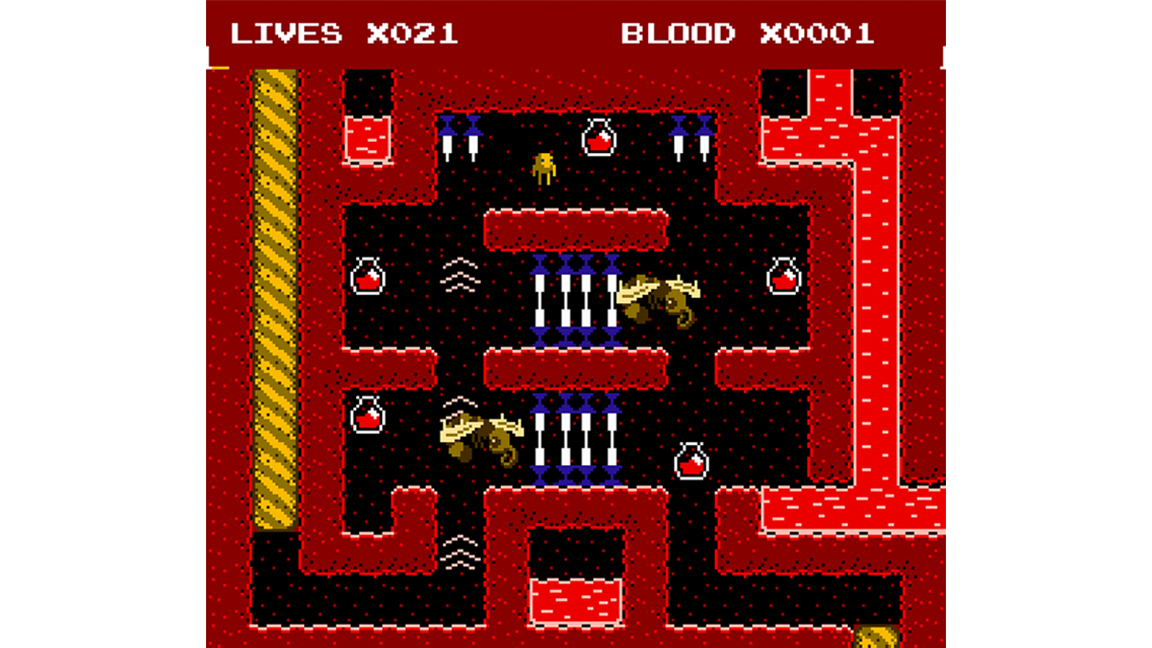
The ethical debate around AI art is, in my opinion, very different to the one on code
Alastair Low, Lowtek Games
Alastair Low created the acclaimed NES homebrew hit Flea (play the demo) in addition to several titles for Playdate and other platforms, and he has also developed a Unity plug-in for adding dyslexic-friendly text to games. "Being dyslexic, I've always found it very difficult to read documentation, even with the help of screen readers," he says, adding that texts on coding often assume prior knowledge of how a programming language works, and fail to give code samples. He would often search forums for snippets of code and then attempt to stitch them all together.
But ChatGPT is able to instantly call up the small pieces of code he needs, he says, leaving him to iterate and optimise it. "I don’t think it's very good at dealing with or fixing large sections of code or any part of a larger project right now," he says, but adds that he has found ChatGPT useful for quickly prototyping ideas or debugging specific errors.
Low plans to continue using ChatGPT, but he isn't currently using any other AI tools, such as image generators. "The ethical debate around AI art is, in my opinion, very different to the one on code," he says. “I'm steering away from the art side until it's stabilised and there's a consensus best practice."
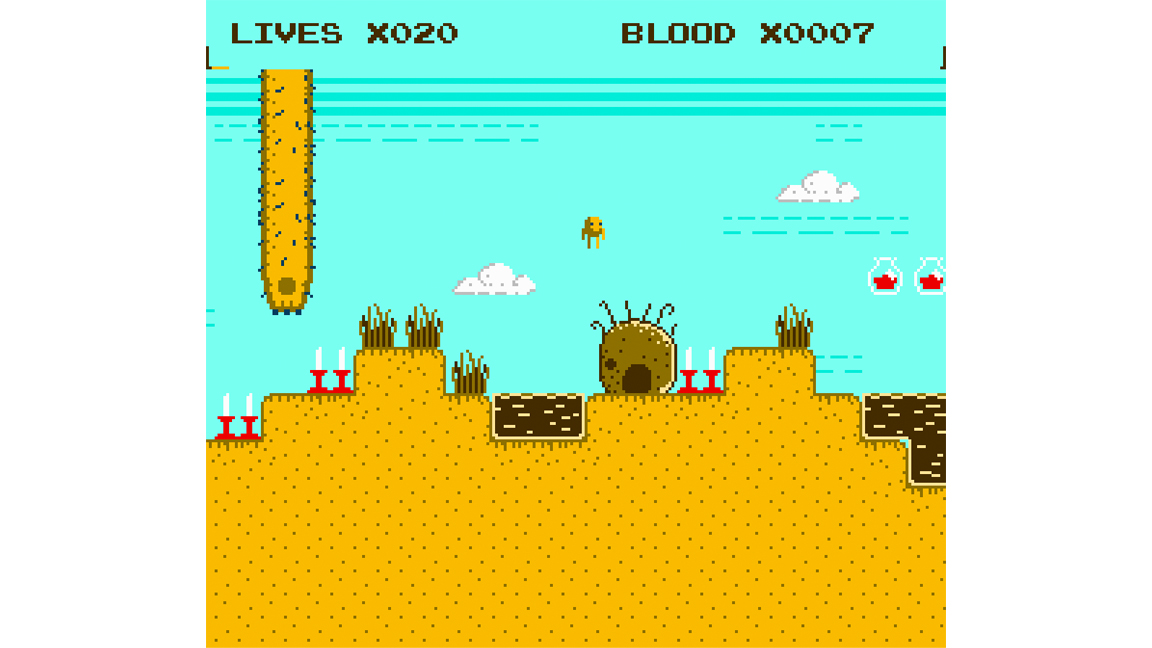
Then again, he does see the possible value of using AI at various points of the production pipeline. He gives the example of potentially using AI to create mood boards to give to a concept artist. "I don’t see how this is much different to taking work from Google and anonymously collaging it together for the sake of inspiration," he says, adding that if AI "makes some of the more tedious parts easier, like UV mapping or rigging, I'm sure most artists would want to use it, but the people specialised in those jobs wouldn't like it."
The thing he is most excited about is the potential for AI to speed up the frequently tedious 'polishing' stage at the end of a project. "It's often said that the final 20% takes 80% of your time, and if this is something that AI could just automate for me, I'd be happy with that," he says.
Overall, he thinks that AI can be a great tool for small studios, since it can potentially allow people on a small budget to achieve much more than they would otherwise be able to. But for larger studios, it becomes "a bit more iffy," he says. "It could remove the need for some more mundane jobs and create a workforce closer to outsource management, or akin to one person manning 20 self-service tills at the supermarket, only having to occasionally intervene to fix small problems."
Dimas Novan Delfiano, Mojiken Studio
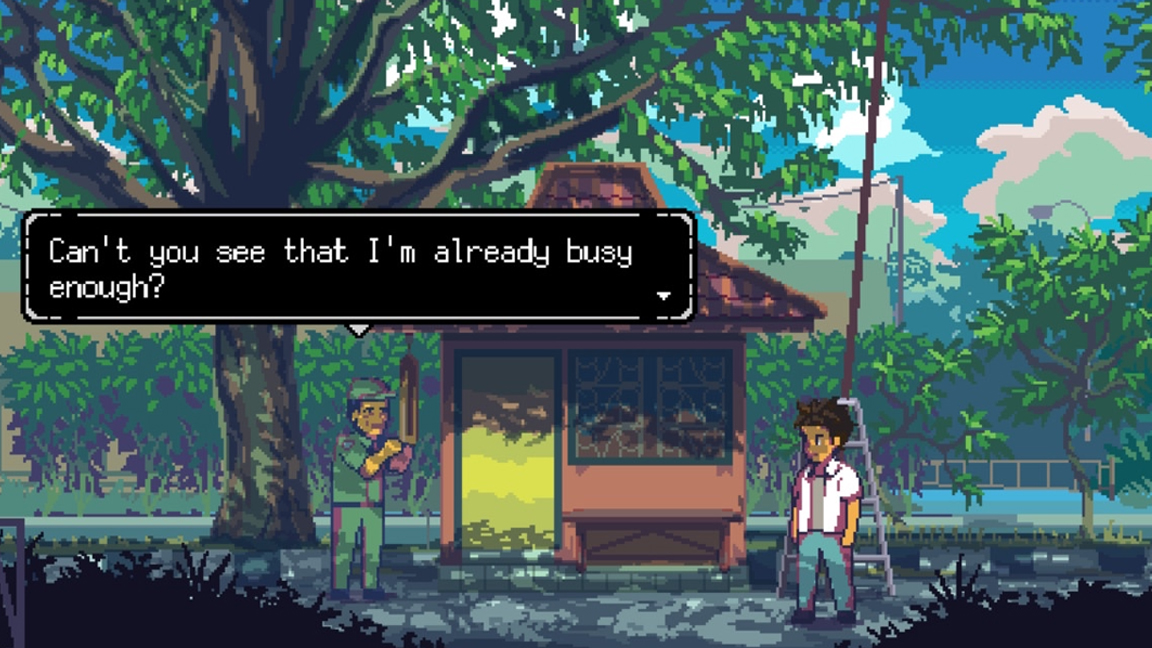
I think it's a great thing, development can be a lot faster
Dimas Novan Delfiano, Mojiken Studio
Dimas Novan Delfiano works at Mojiken Studio in Indonesia, where he directed the acclaimed adventure title A Space for the Unbound, released earlier this year. He says he has used the Notion AI writing assistant to help him craft game descriptions. "Since I'm not a native speaker, the tools have been really great help for me in finding references for sentences and words that would sound more natural," he says. "From there, I get the idea of the basic structure of what I should say in English, and then I try to improvise to make it much more personalised."
He adds that he would consider using other AI tools in future as long as the data sets behind them were sourced ethically. Things such as procedural generation tools might be fun to experiment with, he says, "as long as the tools don't take away my enjoyment in the process of creating something".
Delfiano argues that things like calculators and PCs are machines created to lighten the workload of humans, and AI is just another step along that path. "[AI] will surely help a lot in game development," he says. "I think it's a great thing, development can be a lot faster or maybe can be more massive than before. But once again, as long as the data sets are sourced ethically."
One big advantage he sees is that AI could dramatically expand what small teams can do. "It enables one person to do the directing, producing, marketing, or maybe help in public relations," he says. The disadvantage, he thinks, is that these powerful tools could be dangerous if they're not used responsibly. "But as with everything else new in the world, there will always be countermeasures that will surface and will balance something that is irresponsibly used," he says.
"I am also very cautious," he continues. "We still don't know yet how it will impact our personal and professional lives in the long run. I hope when these new generations of AI find their proper usage and ethical footing, it will result in a positive [for] in the creative world."
Matthew Davis, Subset Games
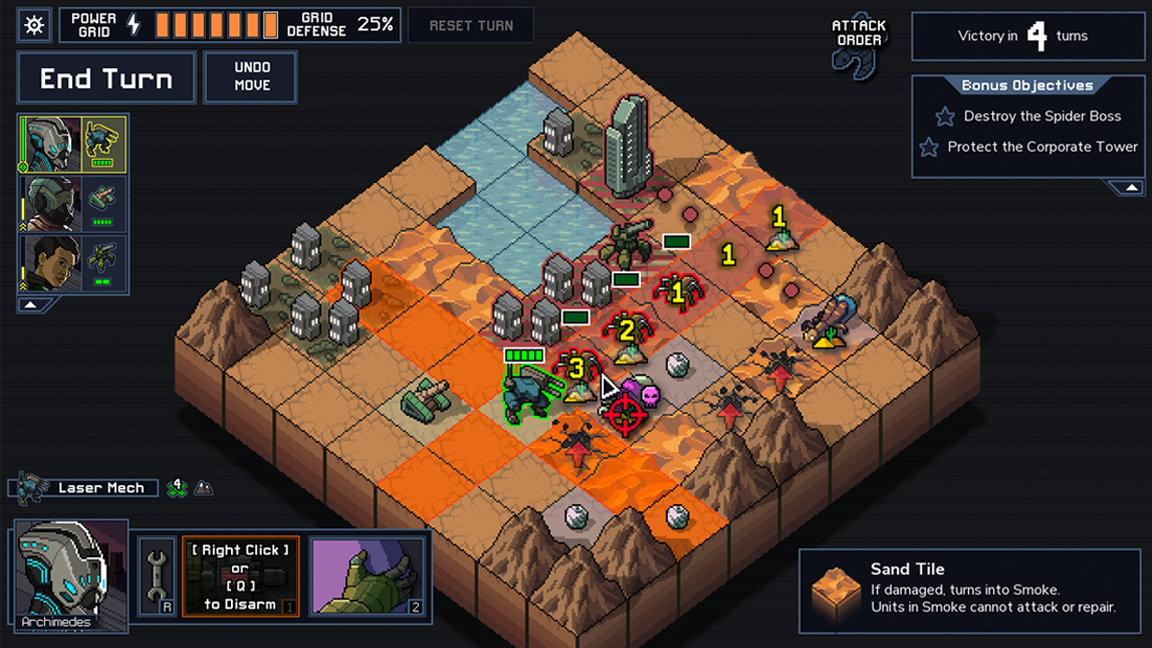
I don’t think it'll be a full replacement for proper development by talented humans
Matthew Davis, Subset Games
Alongside Justin Ma, Matthew Davis designed the hugely popular turn-based strategy games FTL and Into the Breach. He says that Subset Games doesn’t currently use any AI tools, but he might potentially use them in future. He says, "I'm most excited about using AI to discover avenues of design, art, or narrative that I hadn't considered".
Davis continues: "AI can churn out an unlimited amount of iteration, and sometimes seeing that output can be a wonderful inspiration for a starting point that we might not have otherwise considered." Davis tells me he finds the work of AI researcher Mike Cook is especially interesting.
"AI could be an invaluable tool for allowing smaller budget development to create something they could not otherwise," he continues. "It’s hard to criticise it from that perspective, as it results in more human made art. There's some recent discussion from Revolution Software that touches on that. But I don't think it'll be a full replacement for proper development by talented humans. Just an excellent tool for augmenting human efforts."
The downside is that some developers might consider AI as a magical solution to their problems, he says: "Putting too much faith in it would be risky." But Davis thinks AI is here to stay, and the changes it brings will be profound. "I couldn’t begin to imagine how dramatic its effects will be over the next decade and beyond."
Alex Rose, Alex Rose Games
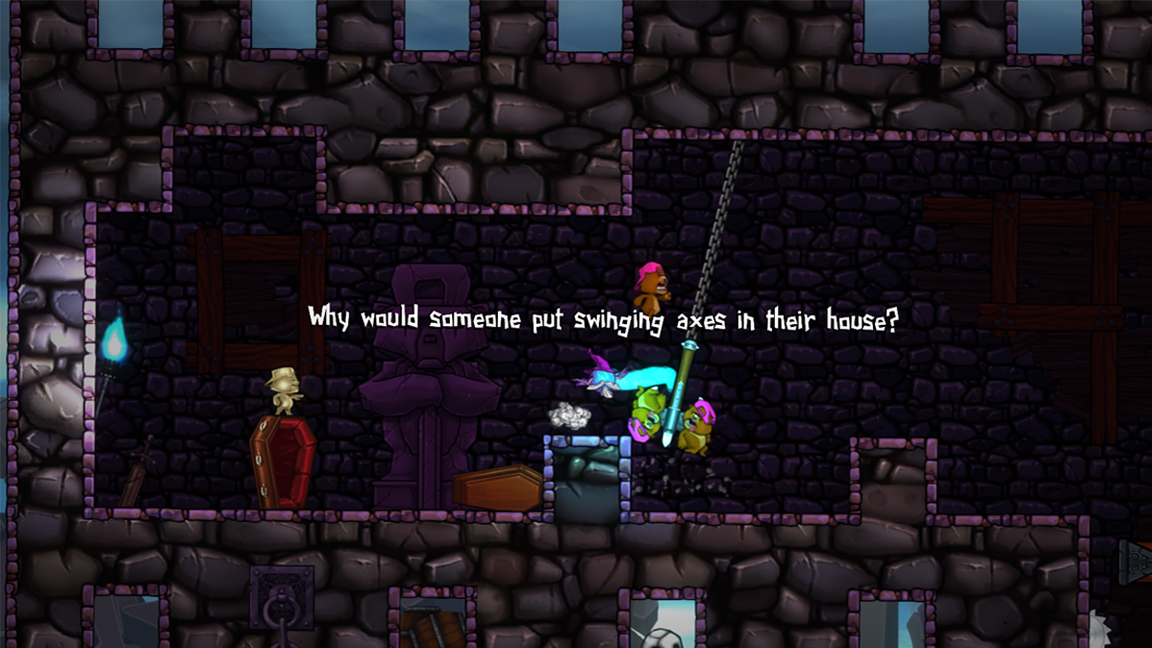
It can handle ridiculous workloads that humans are not capable of
Alex Rose, Alex Rose Games
Alex Rose is the creator of Super Rude Bear Resurrection, and in addition to making indie titles, he often ports games to console. He's been using ChatGPT to help with coding problems quite regularly, he says, particularly when it comes to complex shaders. "It understands my requests, talks me through it line by line and works with me until the shaders work," he enthuses, although he adds that sometimes it can be "overly optimistic" about what game-engine functions actually exist in real life.
Having ChatGPT on hand is like having a senior-level developer around, he thinks, who occasionally gets things wrong, but "who you can constantly and unashamedly bother 24/7 until you get the answers". Rose has also found ChatGPT to be incredibly useful when it comes to what he calls "boilerplate" code: repetitive and simple code that can be tedious to type out, and where typing by hand can introduce accidental errors.
But he draws the line at using AI to generate art or music: he has more interest in the potential of AI for "removing drudgery" than "replacing artistry".
Rose can see AI leading to a dramatic increase in the speed of making games, since "it can handle ridiculous workloads that humans are not capable of". He also envisages things like quests and dialogue being generated by AI, just like players generate worlds in Minecraft or runs in Spelunky. Ultimately, he thinks, if users like a game's core gameplay loop, they will play AI-generated content and not be too concerned if the dialogue is generated by a machine. In fact, it might be preferable to non-player characters endlessly repeating the same lines.
But he is concerned about AI's lack of consistency, and how developers will design around what he calls this "library of chaos". He is also concerned about the ethics of AI, and thinks further government regulation is needed to stop companies from harvesting AI training data with impunity. But with or without regulation, he says, "this tech isn't going away".
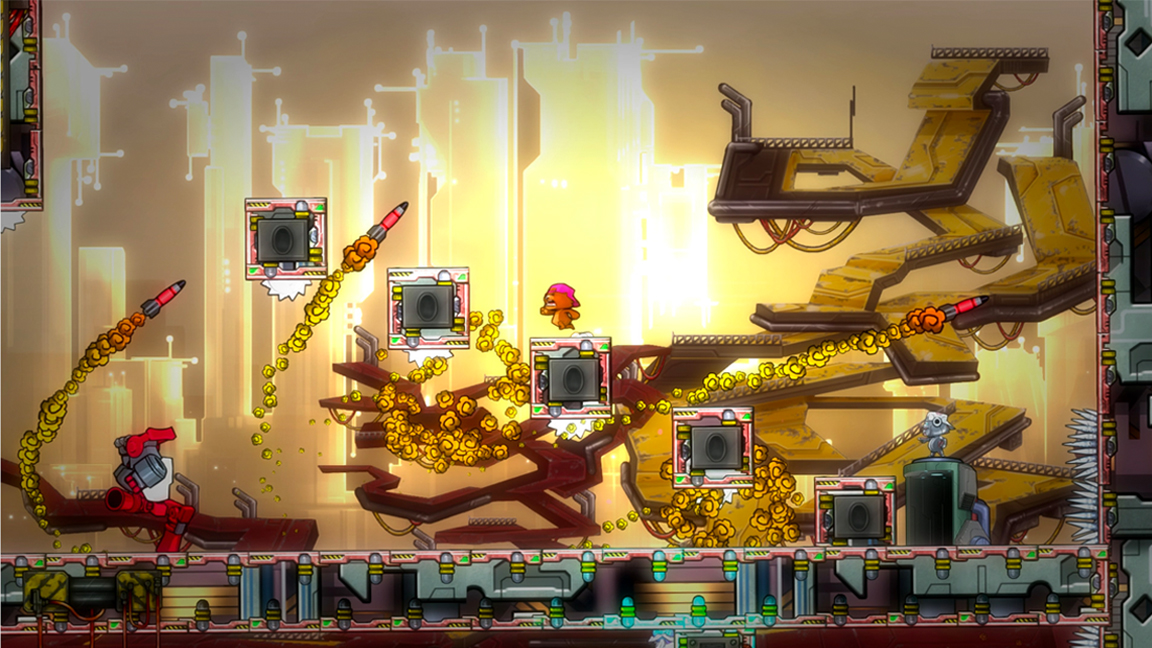
In the next five years, Rose thinks that AI will be used more and more for coding. It will be used to create a lot of shovelware, he says, but it will also be a huge boon for the modding scene, and could be used for things such as providing automatic translation for never-localised Japanese games in real time.
In around ten years, once the tech is more efficient and can be done on reasonably priced home GPUs, he imagines that the market leaders will try to “dominate with AI engines in the same way we have physics engine options now with Havok or PhysX.”
Games companies would pay a license to use the API, while the end user downloads a local version of the model. “With that in mind, I could feasibly see a world where consoles ship with an AI drive that holds their model, with an API you can call to,” he says. So, for example, Sony developers would call on the PlayStation’s AI drive to create things like dialogue and text to speech. “That way console manufacturers would have a tight control over what kind of content can be generated on their platform, and devs wouldn't have to pay individual fees.”
In the long term, however, perhaps 50 or more years from now, he thinks the outlook for game developers is bleak. “I imagine it will simply replace most of our jobs,” says Rose. “People will be able to fantasise a game and an AI will be able to generate it.”

Thank you for reading 5 articles this month* Join now for unlimited access
Enjoy your first month for just £1 / $1 / €1
*Read 5 free articles per month without a subscription

Join now for unlimited access
Try first month for just £1 / $1 / €1

Lewis Packwood has been writing about video games professionally since 2013, and his work has appeared in The Guardian, Retro Gamer, EDGE, Eurogamer, Wireframe, Rock Paper Shotgun, Kotaku, PC Gamer and Time Extension, among others. He is also the author of Curious Video Game Machines: A Compendium of Rare and Unusual Consoles, Computers and Coin-Ops (White Owl, 2023).
